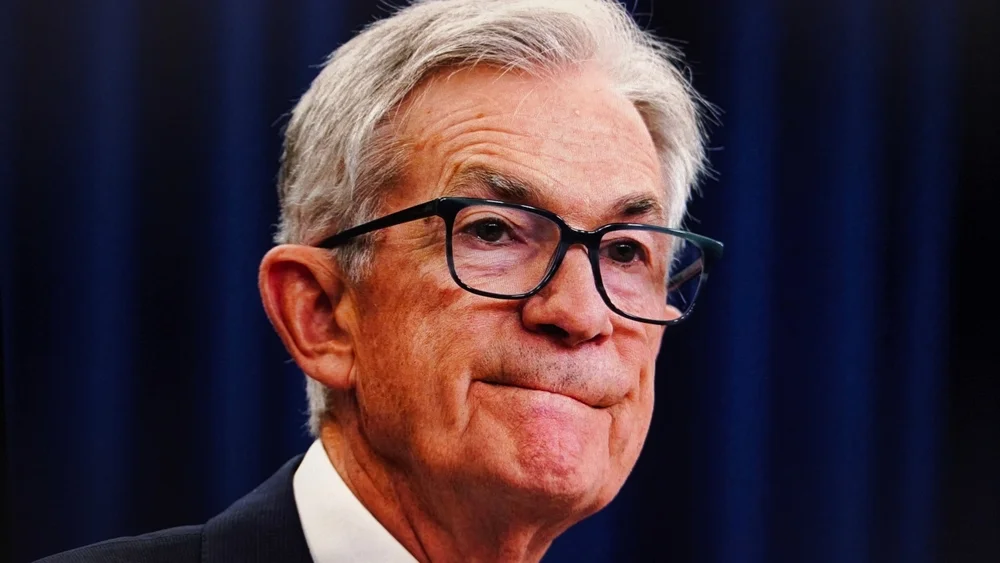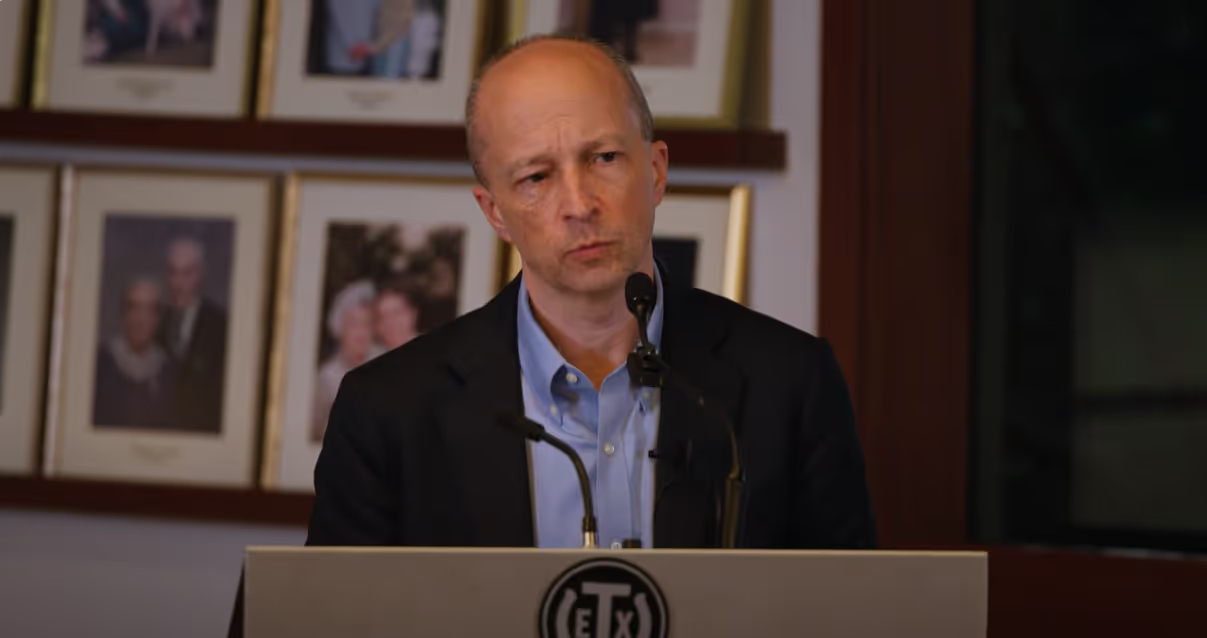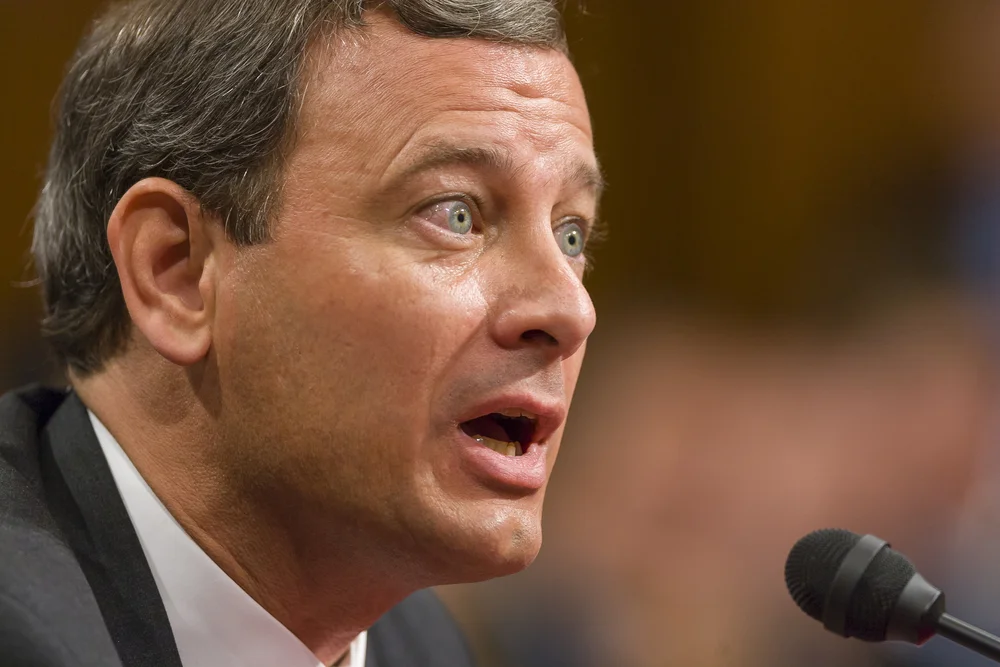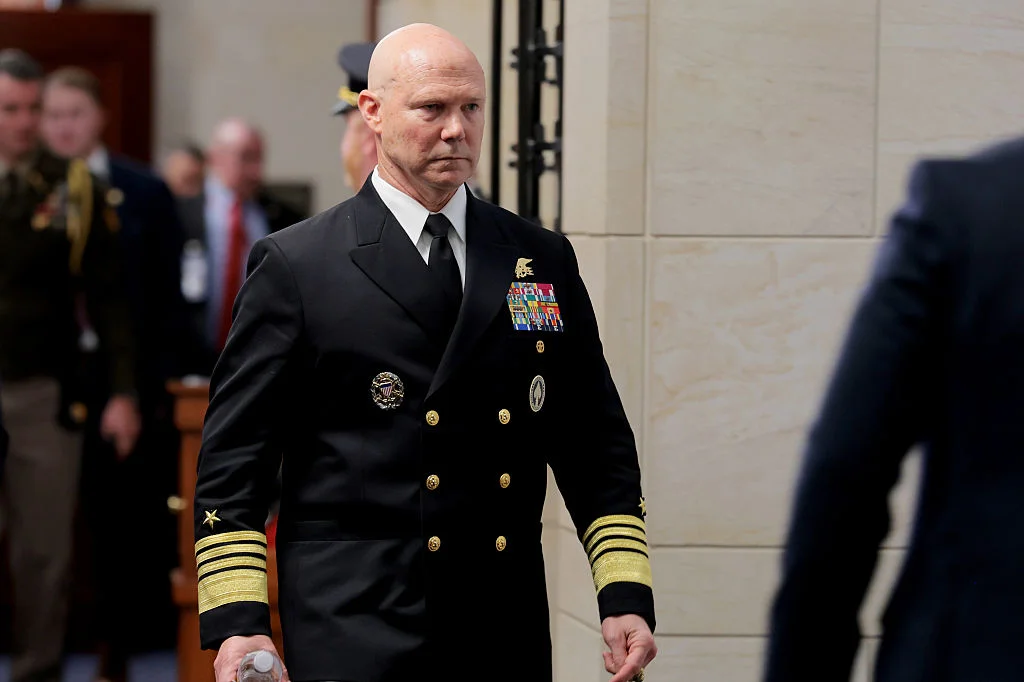
Taming the 21st Century Prince
No aspirants to succeed Wilson and FDR have come close to meeting expectations or new demands, exposing the baleful effects of radical egalitarianism, government bloat, and technocracy.
The question of statesmanship and executive power in the modern mega-state is freshly acute for reasons that seem disparate but are closely related.
Start with the idea of statesmanship itself. As recently as the 1970s, it was still possible to find the terms "statesman" and "statesmanship" used in academic literature as well as in popular histories, everyday journalism, and in the commonplace rhetoric of the political class.
For example, Arnold Wolfers’ 1949 essay in World Politics, “Statesmanship and Moral Choice,” was widely cited and included in reading lists for at least the next 25 years, as were many similar articles. By degrees, however, the idea of statesmanship, and especially its indispensable virtue, prudence, began to disappear for both ideological as well as methodological reasons (the concept is said to be “unscientific”). By the mid-1970s, Herbert Storing wrote that “statesmanship is not much respected. . . [it] is almost un-American. The word has an elitist and obsolete ring.” Carnes Lord observed in 2002: “In the eyes of most political scientists, the cognitive status of statecraft differs little from the cognitive status of witchcraft.” More recently, Daniel Stid echoed Storing and Lord: “Nowadays, Americans rarely speak of statesmanship. Many even become uncomfortable when the concept is invoked—it strikes them as a fussy, hopelessly gendered notion from a bygone era.”
In other words, the idea of statesmanship, and the accolade of "statesman" that purports to elevate individual leaders to a status above that of a mere "politician," is another casualty of the relentless radical egalitarianism that is undermining so many institutions and ideas of Western civilization.
But there is a plainspoken or cynical version of this objection borne of the growing polarization and partisanship of our time. This is not a new concept, and it was succinctly put by the early twentieth century Speaker of the House, Thomas Reed, who quipped that “A statesman is a politician who is safely dead.” And even Abraham Lincoln, in his thoughtful eulogy of his “beau ideal of a statesman,” Henry Clay, pointed out that “Taking a prominent part, as he did, in all the great political questions of his country for the last half century, the wisdom of his course on many, is doubted and denied by a large portion of his countrymen. . .” (Emphasis added.) In other words, a person may have a substantial effect on a nation’s course—think of Franklin Roosevelt and the New Deal, or Margaret Thatcher’s many sweeping domestic policy changes in Britain in the 1980s—while informed opinion remains divided as to the wisdom of these accomplishments. In addition to these partisan disagreements, there is the plain fact that even the most successful political leader usually falls short of all their main ambitions—an ineluctable fact best expressed in Enoch Powell’s melancholy remark that “all political lives end in failure.”
The second aspect of this question pertains to the nature of executive power itself. The constitutional controversies over the "unitary executive" of recent decades, and even more so the immediate legal controversies about President Donald Trump's confrontation with the judiciary over many of his executive actions, miss a central point: executive power by its inherent nature fits uneasily in any rigid or mechanical understanding of constitutional power. This is the central point of John Locke's famous Chapter 14 in his Second Treatise of Government on "Prerogative." Locke defined prerogative as "nothing but the power of doing public good without a rule. . ." It is a "power to act according to discretion, for the public good, without the prescription of the law, and sometimes even against it. . . therefore there is a latitude left to the executive power, to do many things of choice which the laws do not prescribe." (Emphasis added.)
Of course, when former President Richard Nixon made this argument to David Frost in 1977 ("When the president does it, it is not illegal"), the public didn't buy it, which is exactly as Locke said would be the main remedy for the abuse of executive prerogative. However, we can see the idea in the background of the Supreme Court's decision last year in Trump v. United States, which holds that presidents should enjoy broad and absolute immunity from prosecution for their official acts, whose bounds are not easily defined.
The most sophisticated treatment of this problem remains Harvey Mansfield's Taming the Prince: The Ambivalence of Modern Executive Power. Amidst our over-dominant positivist-legalist frame of mind today, we often forget or neglect that political life cannot be determined or controlled solely through law and policy, no matter how extensive or technocratic. A constitutional executive that attempts to bind executive prerogative to the public good is one of the great advancements of Enlightenment-era classical liberalism, but necessity and contingency will always intrude in ways that only executive discretion can address. The statesman cannot be understood as a mere agent; the shadow of Machiavelli is always lurking in the background. As Mansfield puts it, "executive power [is] intended to secure the difference between free government and tyranny by giving the former some of the power and techniques of the latter." Or as Richard Pious put it in The American Presidency, "The president claims the silences of the Constitution."
The Progressive view of statesmanship, best embodied and advocated by Woodrow Wilson, is guided not by responsibility or grim necessity but by dreamy possibility and unbounded idealism. Wilson's Progressive statesman aims to push progress or "the side of history" at a faster pace, but this transformed statesmanship into "leadership," as it is based on a conceit that a political figure can know where a people and a nation should be heading, and can rightfully propel History forward at a faster pace.
Having a constitutional framework for limited government constrains executive abuse of power to some extent, and a dedication to preserving and protecting the Constitution tends to cultivate responsible statesmanship. Progressive constitutionalism rejects limited government explicitly, ironically shrinking the domain of statesmanship in an era where the modern megastate is increasingly incompetent at the utopian ends it sets for itself (ending poverty, equalizing outcomes, ending war, etc.), let alone basic tasks like securing public order, filling potholes in the streets, or operating schools that work.
The visionary progressive executive can indeed be consequential, as Wilson and Franklin Roosevelt demonstrated. However, these preeminent examples also reveal the defect of Progressive leadership —the frustration of Progressive ambitions in recent decades—the fact that no aspirants to succeed Wilson and FDR come close to meeting expectations or new demands—exposes the baleful effects of radical egalitarianism, government bloat, and technocracy.
The great task of American statesmanship today remains protecting and restoring the Constitution to its original meaning and reach, rather than, as Wilson ominously put it, “wresting the Constitution to strange and as yet unimagined uses.”
Steven F. Hayward is the Edward Gaylord distinguished visiting professor at Pepperdine University’s School of Public Policy.
Constitutionalism

Amicus Brief: Hon. William P. Barr and Hon. Michael B. Mukasey in Support of Petitioners
Former AGs Barr and Mukasey Cite Civitas in a SCOTUS Brief

Rational Judicial Review: Constitutions as Power-sharing Agreements, Secession, and the Problem of Dred Scott
Judicial review and originalism serve as valuable commitment mechanisms to enforce future compliance with a political bargain.

Supreme Court showdown exposes shaky case against birthright citizenship
Supreme Court will hear challenges to Trump's order ending birthright citizenship, testing the 14th Amendment's guarantee for babies born in America.

Kneecapping Powell, Undermining the Rule of Law
Donald Trump and conservatives know the perils of lawfare all too well. Why subject Jerome Powell to the same thing?
%20(1).webp)
Limiting the Federal Government
Failure to consider the sponsors’ representations of the Constitution’s meaning seriously impairs the quality of interpretation.


.avif)







.avif)
.avif)





